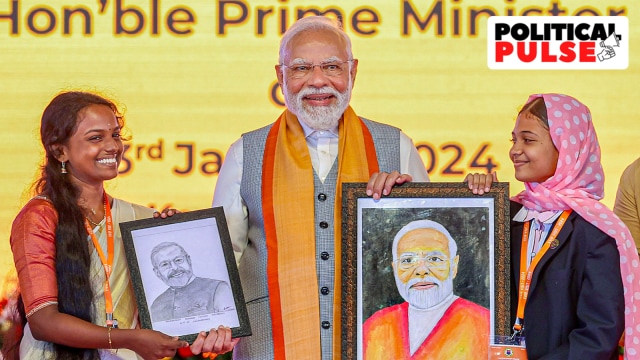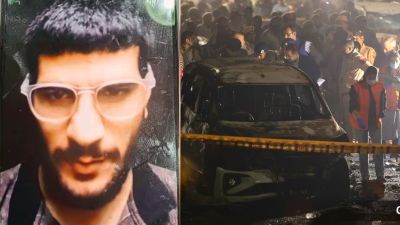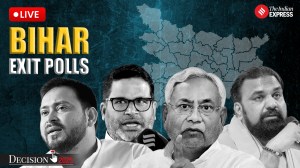The BJP, which is seeking a third consecutive term in the upcoming Lok Sabha elections and has scaled up preparations for the same, will convene a meeting of its National Council in mid-February to lay out final guidelines for its leaders from across the country.
The party’s central leadership, sources said, has decided to prune its current batch of Lok Sabha members even as it has set its eyes on contesting maximum number of seats in the Lok Sabha polls.

Sources said the BJP is unlikely to give tickets to candidates above the age of 70 unless they are “unavoidable”. The party is also expected to announce candidates for 150-160 seats by the end of this month in a bid to consolidate votes and ensure maximum utilisation of resources.
Story continues below this ad
According to sources, the party’s Central Election Committee, chaired by Prime Minister Narendra Modi, could meet later this month to clear the first list of candidates for the Lok Sabha polls.
“The Prime Minister has already indicated that the party’s focus would be on youth and women. To achieve this, the party could drop those MPs who are over 70 years unless their exclusion creates intense negative consequences,” said a source.
A total of 56 sitting BJP Lok Sabha MPs are either 70 or above 70 years of age, including Union ministers like Rajnath Singh, V K Singh, Rao Inderjit Singh, Sripad Naik, Arjun Ram Meghwal, Giriraj Singh and senior leaders Rajendra Agrawal, Ravi Shankar Prasad, S S Ahluwalia, P P Chaudhary, Santosh Gangwar, Radha Mohan Singh and Jagadambika Pal.
The source pointed out that the decision to focus on leaders under-70 does not mean all “seniors” will be kept out. “Age would not be the only criterion for candidate selection and leaders who uniquely contribute will still make the cut. The party needs experienced leaders in the Lok Sabha too,” the source added.
Story continues below this ad
With the party setting a target of bettering its 2019 tally of 303, the BJP is looking to contest a maximum number of seats. In the last Lok Sabha polls, the party had fielded 437 candidates. “After being in power for 10 years, it does not make any sense to avoid constituencies,” said a leader. BJP is also likely to pay special attention to a few seats which it has never won.
The idea of early declaration of candidates for the Lok Sabha seats seems to have been inspired from the recently-concluded Assembly elections. According to a leader, declaring candidates early not only gives the party an edge but also makes the leadership focus on tougher seats.
Keeping these objectives in mind, the meeting of the National Council – one of the highest bodies in the BJP’s organisational structure – is expected to be held in the national capital and is likely to see the participation of 7,000 invitees, including those at the Zilla Parishad level. The central leadership is likely to start sending out invites by the last week of January.
The meeting will highlight the achievements of the Modi government over the past 10 years on various fronts ranging from economy to welfare for the poor while leaders would be given guidelines to expand the party’s outreach and win by a record margin in the ensuing polls.
Story continues below this ad
In a similar meeting held just ahead of the 2019 Lok Sabha elections, the BJP had invited all elected members – from local elections to MPs – besides organisational leaders from across the country.

































